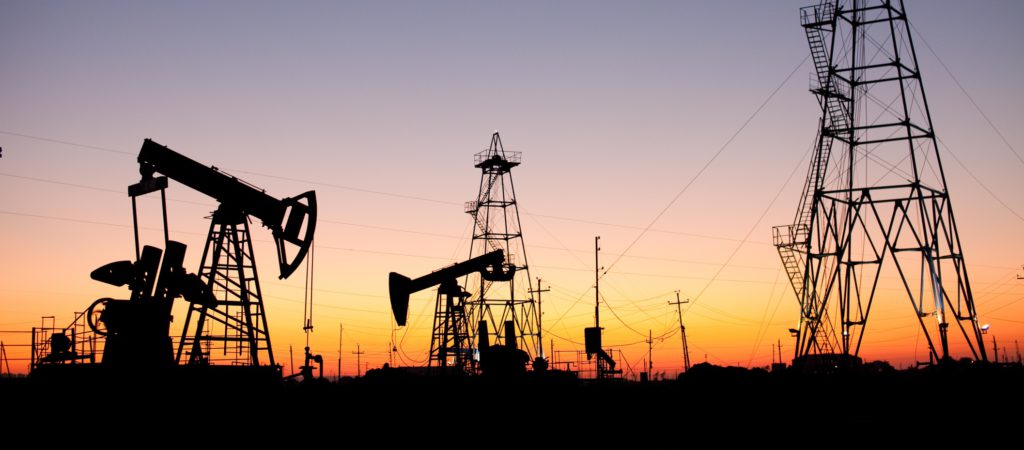Oil usage in vehicles set to peak in seven years
13 November 2018

13 November 2018
Oil use in cars is set to peak within seven years, despite manufacturers pushing cleaner electric technologies.
This is according to the International Energy Agency (IEA), which, in its annual long-term outlook for the oil industry, suggested it will hit the ceiling in the middle of the next decade before usage will decline as electric vehicles (EVs) start to take a hold of the market.
″After 2025, efficiency measures and alternative fuels continue to suppress demand,″ said the Paris-based energy body, with growth slowing even in developing economies such as China
As reported by the Financial Times, Global oil demand from cars makes up 21.4 million barrels a day (b/d) of the close to 100 million b/d consumed in the world. This will rise to just over 23 million b/d in the late 2020s, after which car consumption falls back to current levels by 2040, even as global car numbers increase by 80%.
Total consumption across motor vehicles, aeroplanes, ships, trucks and the petrochemicals sector is set to grow between now and 2040 at half the rate of the last two decades, the energy body added.
After a 24% jump in total oil consumption between 2000 and 2017 to 95 million barrels a day, absolute demand increases by only 12% in the years to 2040 to 106m b/d, the IEA said.
The body forecasts that there will be around 300 million EVs on the road by 2040, which will curb oil demand by three million barrels per day. But the bigger impact will come from more economical fuel standards in conventional cars, which will reduce consumption by nine million barrels per day. ″Improvements in fuel efficiency of the global car fleet are the single largest contributor to moderating oil demand growth in cars,″ the IEA said.
Biofuels will offset 2.5 million b/d of oil demand by 2040, while natural gas usage in cars offsets 1.6 million b/d. The IEA forecasts that oil demand will fall sharply in advanced economies, with the EU seeing a 45% decline by 2040, while North America falls by 25%.
Oil companies, therefore, need to prepare for the next generation of vehicles. Many are already doing so. Earlier this year, BP bought EV charging point company Chargemaster, while Royal Dutch Shell is part of the Ionity initiative looking to install fast-charge points across Europe.
Last year, two of the world’s biggest oil companies suggested there was a risk to global energy security if fossil fuels were abandoned prematurely. Shell and Saudi Arabian state oil company Saudi Aramco argued that while the shift towards renewable energy including electric cars was underway, falling investment in oil and gas exploration was reprehensible and risked smooth energy supply for future generations